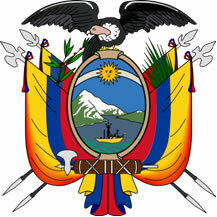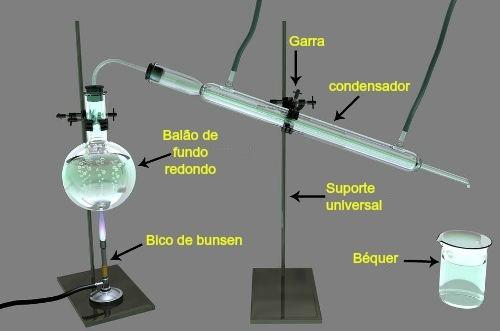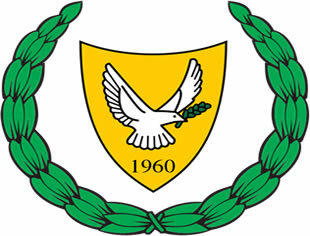KGB stands for Komitet Gosudarstveno Bezopasnosti, which in Portuguese means State Security Committee. The committee was an important intelligence, security and secret services agency (secret police), which operated in the former Soviet Union. Its creation was intended to promote the country's national and international security, carry out international espionage and investigate crimes committed against the Soviet Union.
The KGB ran from March 13, 1954 until November 6, 1991. Throughout the Cold War its role was similar to that played by the US institutions, CIA and FBI. With the decline of the Soviet Union in 1991, the KGB was replaced by the Russian Federal Security Service (FSB).
The State Security Committee was created after World War II (1954), but its origins date back to 1917, with the creation of a paramilitary group called the Tcheka.
The secret police and the policy of the Soviet Union consisted of five general directorates. The first and foremost controlled illegals (secret agents who lived in other countries with false identities), in addition to scientific subdirection and technical (anti-espionage service) and an action service (they performed the dirty work, such as murders, attacks, kidnappings, among others). The second and third were responsible for taking care of information and internal repression. The fourth was responsible for taking care of the borders; and the fifth, for inspecting the schools.
By Eduardo de Freitas
Graduated in Geography
Brazil School Team



